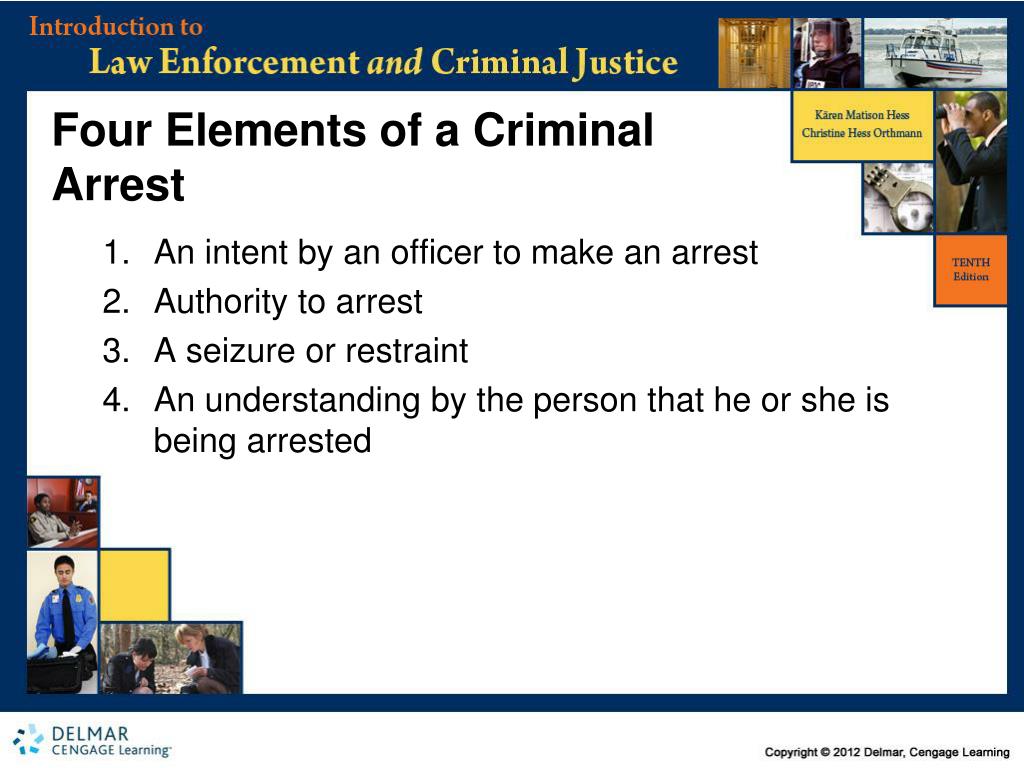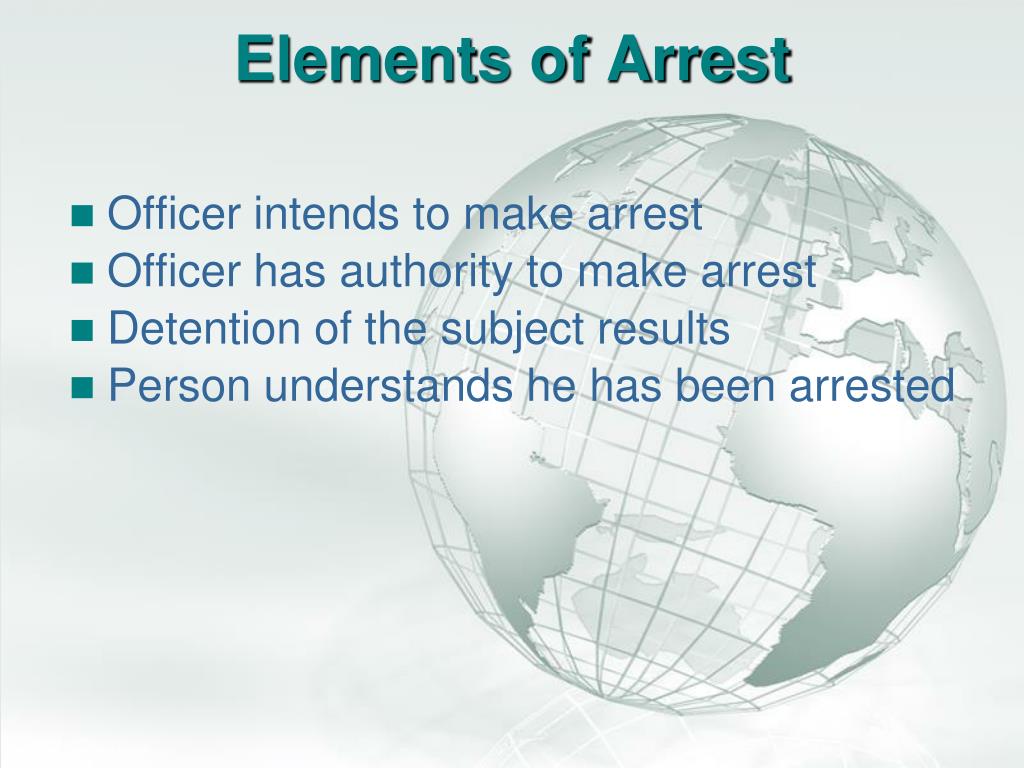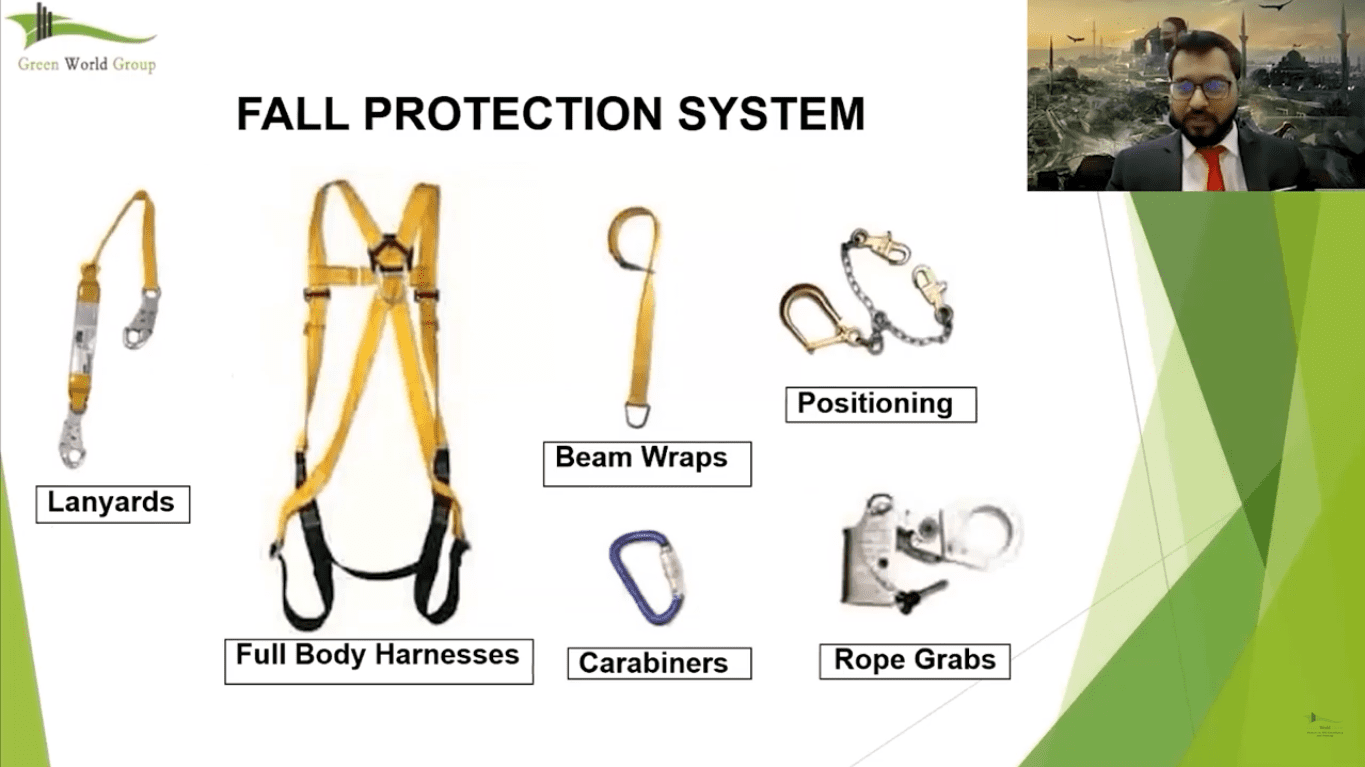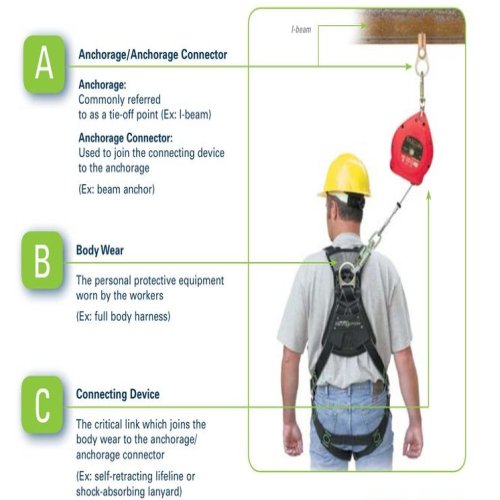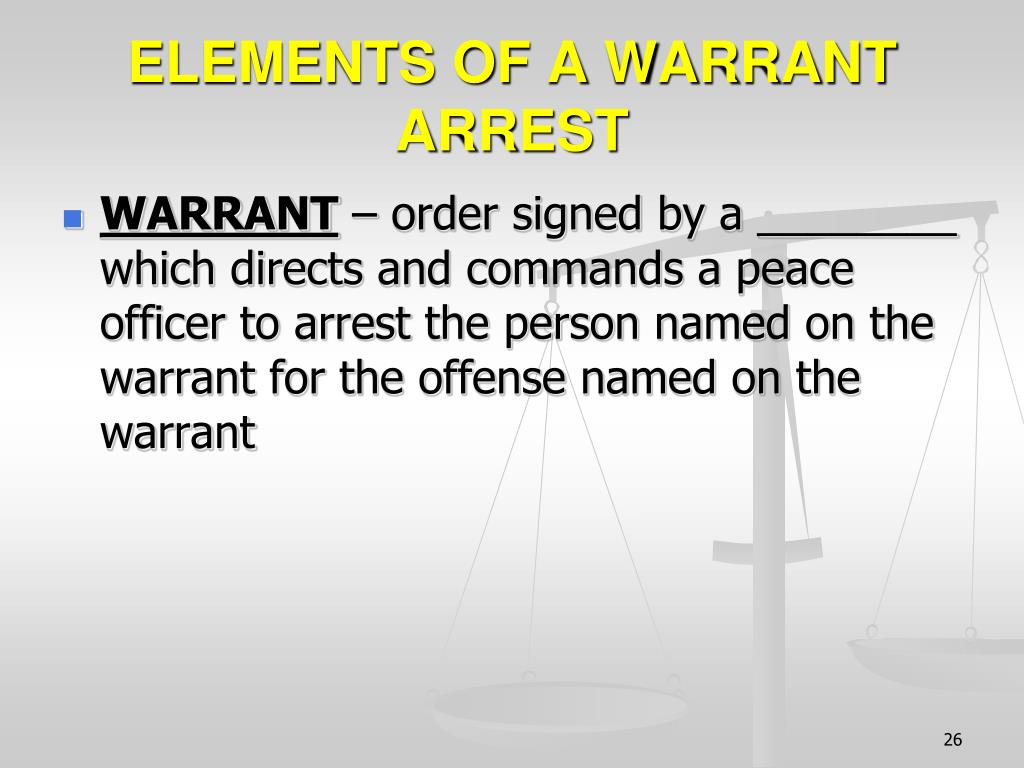Elements Of An Arrest - A law enforcement officer personally observes a person commit a crime. A valid arrest warrant, which is necessary for most arrests. An arrest may be made without a warrant if probable cause and exigent circumstances are presented at the time of the arrest. The above definition of an arrest raises many questions. Law enforcement obtains a valid arrest warrant to arrest a person. Web arrests and other detentions. These requirements center on one document: We've helped 95 clients find attorneys today. An arrest is generally made with an arrest warrant. If the prosecution fails to prove any element, then the jury must acquit.
An arrest may be made without a warrant if probable cause and exigent circumstances are presented at the time of the arrest. A law enforcement officer personally observes a person commit a crime. If the prosecution fails to prove any element, then the jury must acquit. A valid arrest warrant, which is necessary for most arrests. Web an arrest is the use of legal authority to deprive a person of their freedom of movement. Web each crime has its own set of elements—components that the prosecution must prove beyond a reasonable doubt in order to establish the defendant's guilt. An arrest is generally made with an arrest warrant. It is generally agreed that the essential ingredients of any crime are (1) a voluntary act or omission (actus reus), accompanied by (2) a certain state of mind (mens rea). The above definition of an arrest raises many questions. The right of the people to be secure in their persons, houses, papers, and effects, against unreasonable searches and seizures, shall not be violated, and no warrants shall issue but upon probable cause, supported by oath or affirmation, and particularly describing the place to be searched, and the persons or.
It is generally agreed that the essential ingredients of any crime are (1) a voluntary act or omission (actus reus), accompanied by (2) a certain state of mind (mens rea). A valid arrest warrant, which is necessary for most arrests. Web each crime has its own set of elements—components that the prosecution must prove beyond a reasonable doubt in order to establish the defendant's guilt. Web an arrest is the use of legal authority to deprive a person of their freedom of movement. These requirements center on one document: Law enforcement obtains a valid arrest warrant to arrest a person. If the prosecution fails to prove any element, then the jury must acquit. The above definition of an arrest raises many questions. The right of the people to be secure in their persons, houses, papers, and effects, against unreasonable searches and seizures, shall not be violated, and no warrants shall issue but upon probable cause, supported by oath or affirmation, and particularly describing the place to be searched, and the persons or. An arrest may be made without a warrant if probable cause and exigent circumstances are presented at the time of the arrest.
PPT Section III Challenges to the Profession PowerPoint Presentation
Web an arrest is the use of legal authority to deprive a person of their freedom of movement. Web the fourth amendment of the united states constitution contains multiple requirements that must be met for an arrest to be legally valid. Web each crime has its own set of elements—components that the prosecution must prove beyond a reasonable doubt in.
Collection Arrest Elements Sign Icons Set Vector Stock Vector Image
Web each crime has its own set of elements—components that the prosecution must prove beyond a reasonable doubt in order to establish the defendant's guilt. The right of the people to be secure in their persons, houses, papers, and effects, against unreasonable searches and seizures, shall not be violated, and no warrants shall issue but upon probable cause, supported by.
PPT Introduction to Criminal Justice PowerPoint Presentation, free
A valid arrest warrant, which is necessary for most arrests. We've helped 95 clients find attorneys today. If the prosecution fails to prove any element, then the jury must acquit. Law enforcement obtains a valid arrest warrant to arrest a person. An arrest is generally made with an arrest warrant.
Wrongful arrest? Here’s what you need to prove Civil Rights
An arrest may be made without a warrant if probable cause and exigent circumstances are presented at the time of the arrest. If the prosecution fails to prove any element, then the jury must acquit. Web arrests and other detentions. Web each crime has its own set of elements—components that the prosecution must prove beyond a reasonable doubt in order.
Different Types Of Fall Protection
A law enforcement officer personally observes a person commit a crime. A valid arrest warrant, which is necessary for most arrests. A law enforcement officer has probable cause to believe a person committed or is about to commit a crime. If the prosecution fails to prove any element, then the jury must acquit. Web each crime has its own set.
CONTENTdm
We've helped 95 clients find attorneys today. An arrest may be made without a warrant if probable cause and exigent circumstances are presented at the time of the arrest. If the prosecution fails to prove any element, then the jury must acquit. Web arrests and other detentions. A law enforcement officer personally observes a person commit a crime.
What are the Four Elements of Arrest? How I Got The Job
A law enforcement officer personally observes a person commit a crime. These requirements center on one document: Web the fourth amendment of the united states constitution contains multiple requirements that must be met for an arrest to be legally valid. We've helped 95 clients find attorneys today. A law enforcement officer has probable cause to believe a person committed or.
A Personal Fall Arrest System Consist Of bunkertips
A law enforcement officer personally observes a person commit a crime. Web each crime has its own set of elements—components that the prosecution must prove beyond a reasonable doubt in order to establish the defendant's guilt. These requirements center on one document: It is generally agreed that the essential ingredients of any crime are (1) a voluntary act or omission.
PPT LAWS OF ARREST PowerPoint Presentation, free download ID1013486
We've helped 95 clients find attorneys today. An arrest may be made without a warrant if probable cause and exigent circumstances are presented at the time of the arrest. An arrest is generally made with an arrest warrant. Web the fourth amendment of the united states constitution contains multiple requirements that must be met for an arrest to be legally.
Inchoate Crimes Elements & Defenses Visual Law Library Law school
Web the fourth amendment of the united states constitution contains multiple requirements that must be met for an arrest to be legally valid. We've helped 95 clients find attorneys today. The right of the people to be secure in their persons, houses, papers, and effects, against unreasonable searches and seizures, shall not be violated, and no warrants shall issue but.
Web Arrests And Other Detentions.
We've helped 95 clients find attorneys today. Web the fourth amendment of the united states constitution contains multiple requirements that must be met for an arrest to be legally valid. Web an arrest is the use of legal authority to deprive a person of their freedom of movement. A valid arrest warrant, which is necessary for most arrests.
An Arrest Is Generally Made With An Arrest Warrant.
It is generally agreed that the essential ingredients of any crime are (1) a voluntary act or omission (actus reus), accompanied by (2) a certain state of mind (mens rea). These requirements center on one document: A law enforcement officer personally observes a person commit a crime. Law enforcement obtains a valid arrest warrant to arrest a person.
Web Each Crime Has Its Own Set Of Elements—Components That The Prosecution Must Prove Beyond A Reasonable Doubt In Order To Establish The Defendant's Guilt.
The above definition of an arrest raises many questions. If the prosecution fails to prove any element, then the jury must acquit. The right of the people to be secure in their persons, houses, papers, and effects, against unreasonable searches and seizures, shall not be violated, and no warrants shall issue but upon probable cause, supported by oath or affirmation, and particularly describing the place to be searched, and the persons or. A law enforcement officer has probable cause to believe a person committed or is about to commit a crime.
